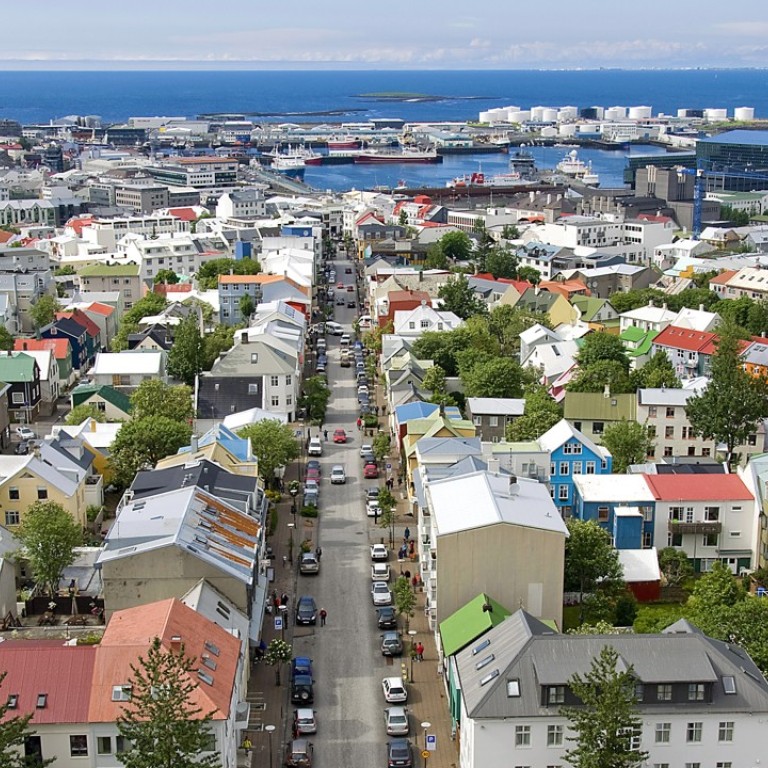
Iceland house prices set to continue sharp rise as supply lags demand and rates remain low
One of the country’s biggest investors sees gains over the next five years and plans to increase its exposure to property
Iceland’s housing market has soared 56 per cent since its 2009 crash, and one of the island’s biggest property investors said there was more to come and it was adding to its exposure.
“There is a growing demand, and the market is going to be supported by a lack of supply for the next few years,” said Gisli Haukksson, co-founder and chief executive officer of GAMMA Capital Management Limited, an investment fund which manages more than US$1 billion in assets. He said lower interest rates would also help.
“Both real and nominal interest rates have been dropping quite fast in Iceland,” Haukksson said in an interview in the capital Reykjavik. The central bank is due to announce its next rate decision on Wednesday. It cut the benchmark seven-day term deposit rate by a quarter of a percentage point, to 4.25 per cent, last month.
After the country’s 2008 economic meltdown, real house prices in Iceland fell by a third in the space of two years.
But the island’s meteoric recovery has drawn investors’ attention, especially since the central bank exited capital controls this year. After contracting about 7 per cent in 2009, the economy grew more than 7 per cent in 2016. Growth is being driven by booms in tourism and construction.
In the housing market, the central bank said Airbnb is helping drive prices higher. It recently cited a “surge in short-term private rentals,” with the number of listed flats in August up almost 65 per cent from a year earlier.
The central bank said house prices were unlikely to drop as long as the lack of supply continued.
“The outlook is for a continued housing shortage for a while yet, although it could subside in the next two years,” it said last month. “Most signs indicate that demand will continue to grow, which will contribute to further price increases, other things being equal.”
Haukksson said Gamma had recently bought a developer of residential housing, and planned to build around 4,000 houses over the next five years. He wants to list the company on the stock exchange next year.

